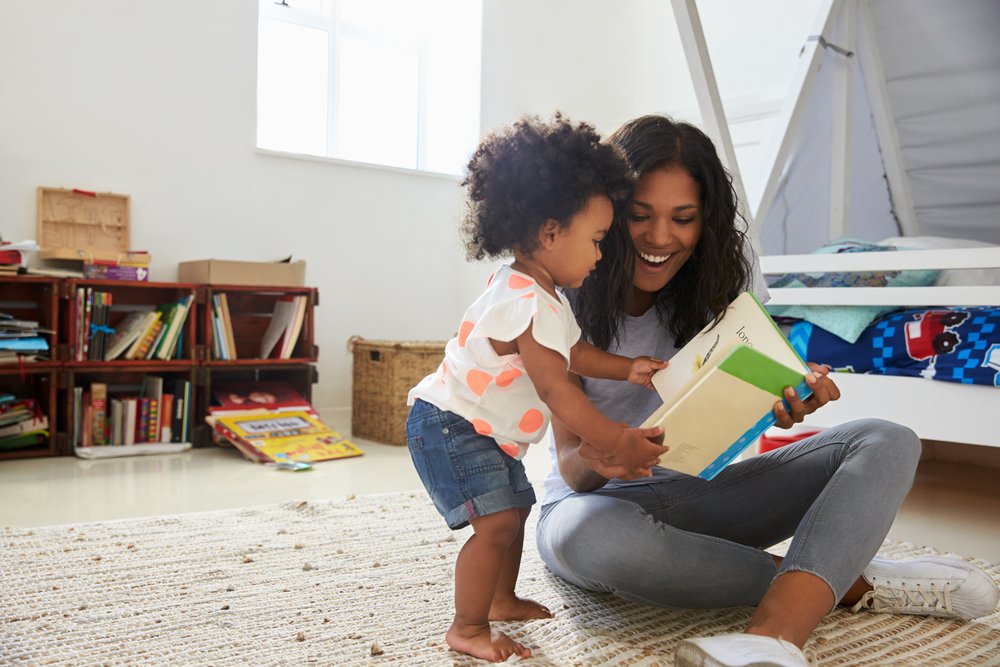Key points:
1. Literacy involves more than just reading; it includes writing, learning, comprehension, and spelling.
2. Early literacy development starts with listening skills and visual recognition, supported by activities like singing and reading books.
3. Reading with your baby from the very beginning fosters a love for books and language development.
4. Repetition and bedtime routines with books are important for language development and building a strong foundation for reading.
Learning to read is a key skill for children and, believe it or not, they start practicing it since very early on. But what is literacy? It’s not only the ability to read, but also to write and learn. It includes comprehension and spelling. There are many skills and experiences that happen since birth that will make up the building blocks for a baby to be able to read later on.
So, before being able to read, your little one will acquire listening skills to understand sound patterns when you sing, rhyme, and talk to them; they will develop their visual recognition, and will learn to associate what they hear with what they see when you read books to them and show them pictures.
Doing these activities is very relevant for future language development and literacy skills. Thus, literacy doesn’t begin at preschool or when your child starts learning the letters, but at home with you and with all the loving and caring interactions that happen between you two. So, what can you do at each stage to promote literacy skills?
0-6 months
It’s never too early to read with your baby! You can spend quality time together and have fun while reading.
6-12 months
Your little one will probably want to put any book you give them in their mouth! Still, sit comfortably with them on your lap and show them the book, letting them bang, chew, or turn the pages. Just having a book in their hands will help them get familiarized with reading materials.
12-24 months
At this stage your little one will realize that books serve for so much more than just banging and chewing. They might explore them more carefully and bring them to you, so that you can read for them. This is an exciting time! They’ll start to recognize images and you’ll be able to ask them questions about the story and relate them to their own life experiences. Soon your little one will surprise you with an answer to your inquires by pointing at the images or finishing your sentences!
25-48 months
By now your little one will love to read the same book over and over again! They like to feel in control, and predictability allows them that. Since they’re so keen on repetition, you can take advantage and establish a bedtime routine that includes reading with them. Plus, repeating will provide constant stimulations for language development, “hard-wiring” the brain circuits.
In the end, the most important thing is that, while reading to your child, you’re teaching them to love books and stories, which will in turn motivate them to learn to read later on, even though this will be a very difficult task for them. So, don’t hesitate and start singing, talking, and reading to your baby!








